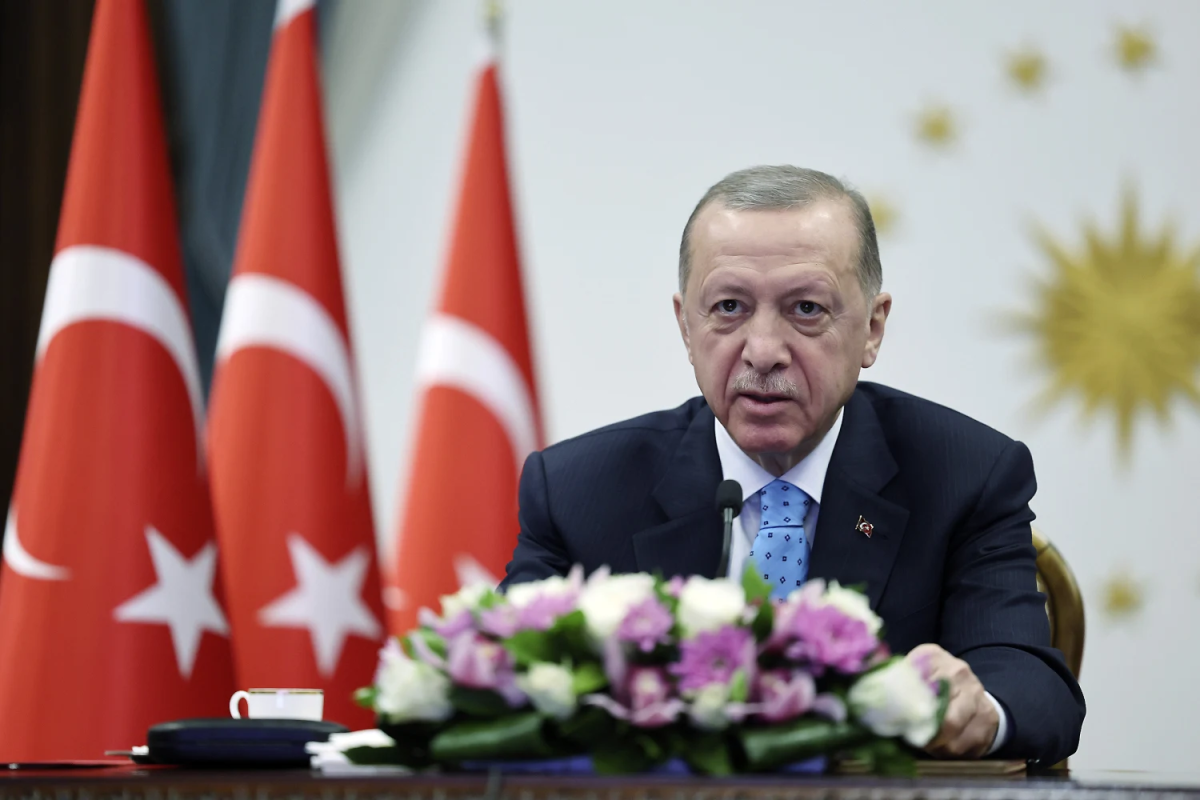Alexei Navalny was a prominent figure in Russian politics, widely known for his opposition to Vladimir Putin. He was a lawyer who used his law expertise and charisma to challenge the embedded corruption within Russia’s political and business elite. Through his investigative reporting, use of social media, and leading large protests, he became a significant problem for the Russian government. He pushed for openness, responsibility, and changes toward more democracy. His efforts to expose misconduct in the Russian government resonated with many Russians, which made him the face of the resistance against President Vladimir Putin’s regime.
Navalny’s activism, however, made him a target for harassment, legal prosecution, and physical attacks, which many believed to be orchestrated by the state. His return to Russia in January 2021, following a recovery in Germany from a near-fatal poisoning incident, led to his immediate arrest. This marked the beginning of his imprisonment, which drew international backlash and was seen by everyone as a politically motivated attempt to silence Putin’s most vocal critic.
Alexei Navalny spent his final days in the harsh conditions of the “Polar Wolf” penal colony in the Arctic, known for its severe climate and strict regime. He faced collective punishment from guards and inmates, extreme cold, and limited medical care, which took a toll on his health, which was previously damaged by the poisoning incident. Despite these challenges, Navalny continued to fight for prisoners’ rights and remained a symbol of resistance against the Kremlin during his final days. On February 16, on a cold Friday night, Navalny fell unconscious and died. The cause of death is still uncertain, but most believe that the Russian government orchestrated it.
What will happen moving forward? We do not know, but we are certain that Navalny’s death has inflated the people’s fear in the streets.
Navalny’s passing may ignite a renewed spirit of resilience among his followers and the broader Russian opposition. His legacy could inspire a new wave of activism that motivates Russians to unite and intensify their efforts for transparency and justice in the Kremlin. This tragic loss might become a catalyst for change and a new political order. It could compel people to honor Navalny by continuing his fight against corruption and authoritarianism with even greater determination.












